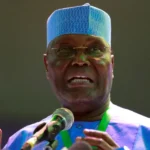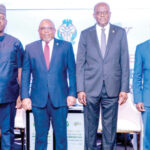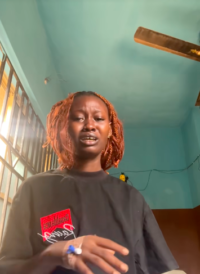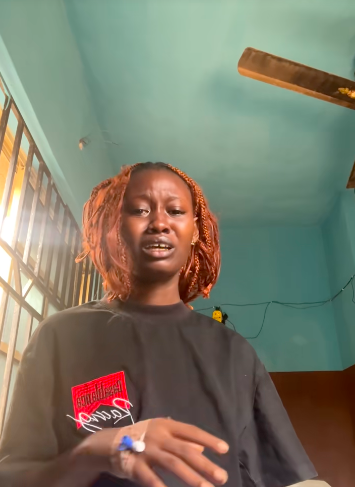• Cost of relocation soars to N22m amid rising living expenses
From Chinwendu Obienyi, Abuja
Nigerians living in the United Kingdom are facing fresh financial strain as UK inflation unexpectedly surged to 3.5 per cent in April, up from 2.6 per cent in March, according to the latest data from the Office for National Statistics (ONS).
The figure marks the highest annual inflation rate since January 2024 and the sharpest monthly jump since late 2022.
The increase was driven by a combination of higher energy tariffs, water and sewerage bills, airfares, food prices, and new tax burdens, placing significant pressure on immigrant communities, including thousands of Nigerians who live, study, or work in the UK.
The ONS reported a record 26.1 per cent rise in household water bills and a 6.4 per cent increase in energy prices following Ofgem’s new price cap in April. At the same time, airfares spiked 27.5 per cent, coinciding with the Easter travel season, while food inflation climbed to 3.4 per cent with steep price rises recorded in bread, meat, and cereal products.
For many Nigerians, who typically maintain strong ties to family members back home, these rising costs have immediate consequences. “Sending money home has become harder. Even buying food now takes up most of my weekly budget,” Mary Ogechi, a care worker based in Manchester, said.
Although the UK government introduced a 6.7 per cent rise in the national minimum wage, the impact is being offset by higher living costs. Additionally, a £25 billion increase in employer National Insurance contributions has placed pressure on businesses, many of which have passed the costs on to consumers.
This growing financial squeeze may result in lower remittance flows to Nigeria, which has consistently ranked among the top recipients of diaspora remittances from the UK. Many Nigerians support family members in Nigeria through regular money transfers, and even modest increases in UK living expenses can reduce their ability to do so.
The inflation surge is also affecting Nigerian students and new migrants, who must meet strict UK visa financial thresholds. This would mean that the rising cost of living may force some to seek additional employment or financial support.
In a related development, investigations by Daily Sun show that the cost of relocating from Nigeria to the UK has surged by nearly 47 per cent in the past two years. As of early 2025, total relocation expenses including visa fees, immigration health surcharges, airfares, temporary housing, and initial living costs now range from N20 million to N22 million, up from N15 million in 2023.
This surge has been driven by; Increases in visa application fees and health surcharges, soaring flight prices due to global fuel costs and seasonal demand, higher rental deposits and accommodation prices upon arrival and fluctuating exchange rates affecting Naira-to-Pound conversions.
Speaking to Daily Sun, a Lagos-based migration consultant, Adewale Michael, said, “The dream of relocating to the UK is becoming unaffordable for many middle-income Nigerians. Unless something changes, the UK may become an exclusive destination only for the elite or those with employer sponsorship, the employer sponsorship I hear may be stopped due to the new immigration rule by the Prime Minister”.
Onyeali Ikenna, a hospital attendant, noted that he and his wife spent about £27,000 in 2022 when they first relocated to the UK. Ikenna said, “This new figure is staggering but I feel it is due to the fluctuating exchange rates. I have noticed that it is now a trend every new year and I feel the Nigerian government has to do something about the rates because this is not too good even for businessmen who want to buy materials, not only for migrants”.
With interest rate cuts delayed by the Bank of England in response to the inflation spike, the UK economic environment is expected to remain tight in the short term. This presents a double bind for Nigerians already in the UK and those planning to migrate: higher costs with no immediate relief.
As global economic uncertainties persist, the Nigerian government and financial institutions may need to reassess support mechanisms for diaspora communities, particularly those in key remittance corridors like the UK.


















Leave a comment